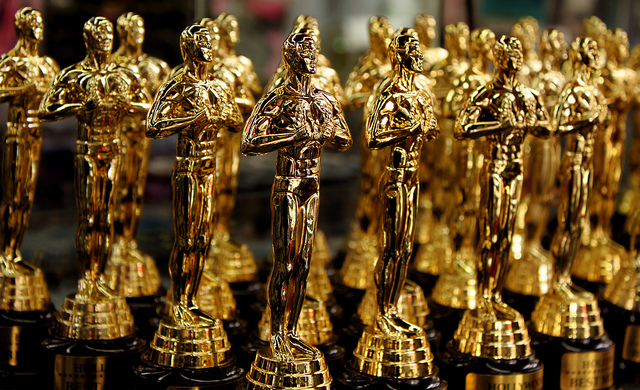- State-run 1905.com commandeers Oscars; iQiyi stripped of Oscars stream
- Netizens speculate about sensitive nature of doc nominee Winter on Fire

Photo courtesy of Flickr.
China switched up its online broadcast of the Oscars at the 11th hour, limiting it to a state-run web site and stripping commercial video platform iQiyi of its promise of a live stream amid speculation that two of the nominated films might contain material sensitive to the country’s ruling Communist Party.
Online streaming site iQiyi, which heavily promoted its exclusive streaming rights to the 88th Academy Awards, did not end up broadcasting any of the ceremony in Los Angeles, a city whose major studios are scrambling to do more business in China, the world’s fastest growing movie market.
The Oscars gala was streamed instead on the site 1905.com, the online presence of CCTV6, the dedicated movie channel of China Central Television, the state-run broadcaster. It was unclear if the 1905.com stream was simultaneous or delayed, allowing for easier censorship.
Earlier reports clearly indicated that iQiyi’s bilingual streaming would start at 6:30am China time on Monday morning.
iQiyi confirmed the cancellation with the English-language version of the Global Times newspaper, which is close to China’s ruling Communist party. iQiyi, a subsidiary of search giant Baidu, did not respond to China Film Insider’s request for comment.
As of 10am Beijing time (6pm in L.A.), iQiyi had played only short reports from the red carpet, running between 30 seconds and two minutes—a far cry from the live-streaming previously advertised.
According to Global Times, the Oscars were carried by several streaming video services in 2014, including Sohu, Sina and iQiyi.
News of the cancellation of iQiyi’s stream spread on Chinese social media late on Sunday night with speculation the last-minute decision was because of the nomination of two films — Winter on Fire: Ukraine’s Fight for Freedom and Racing Extinction.
Winter on Fire: Ukraine’s Fight for Freedom, a Netflix original film nominated for the Best Documentary Feature, centers on the protests in Maidan, Ukraine in 2013 and 2014, which eventually led to the ousting of President Viktor Yanukovych.
The documentary could be considered sensitive in China due its depiction of mass protests. China experienced such protests on Tiananmen Square in Beijing in 1989, which resulted in a violent crackdown, a subject that has been off limits to Chinese media ever since.
Searches for the Chinese name of the Winter on Fire documentary (凛冬烈火) on microblogging platform Sina Weibo, were blocked as of Sunday night. (The film did not win the award).
The documentary Racing Extinction, nominated for best original song, includes undercover investigations of the shark fin and Manta ray gill trade in Hong Kong and mainland China.
The director of Racing Extinction, Louis Psihoyos, is well known in China for his Oscar-winning 2009 film The Cove, which investigated the effects of dolphin fishing in Japan.
The development follows news last week that the Hong Kong Film Awards would not be aired in China over concerns the Hong Kong dystopian political satire Ten Years had been nominated in the best picture category.
A censorship directive leaked to the news website China Digital Times said the ban also extended to Taiwan’s Golden Horse Awards.
—Additional reporting by Zoe Law





